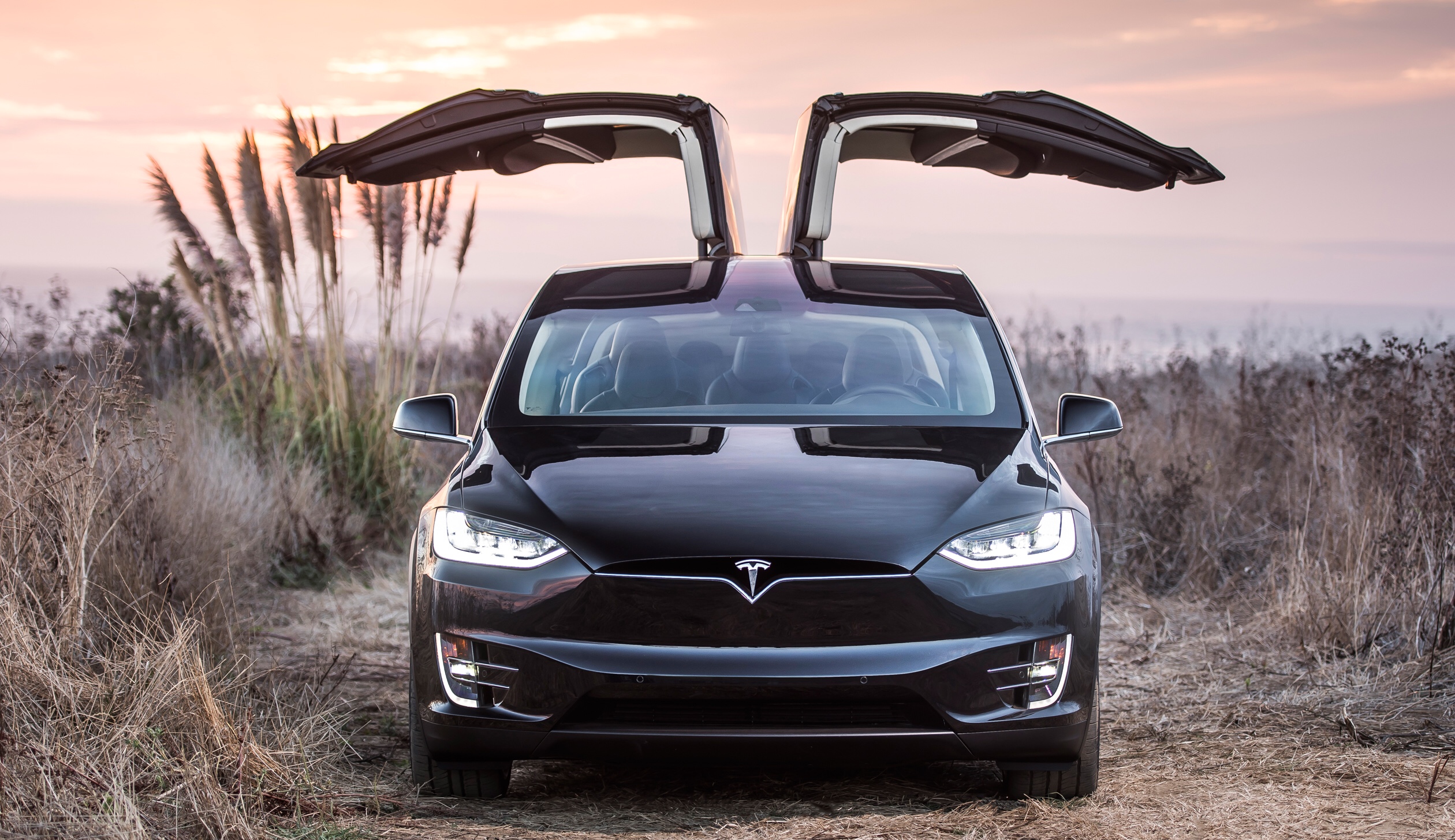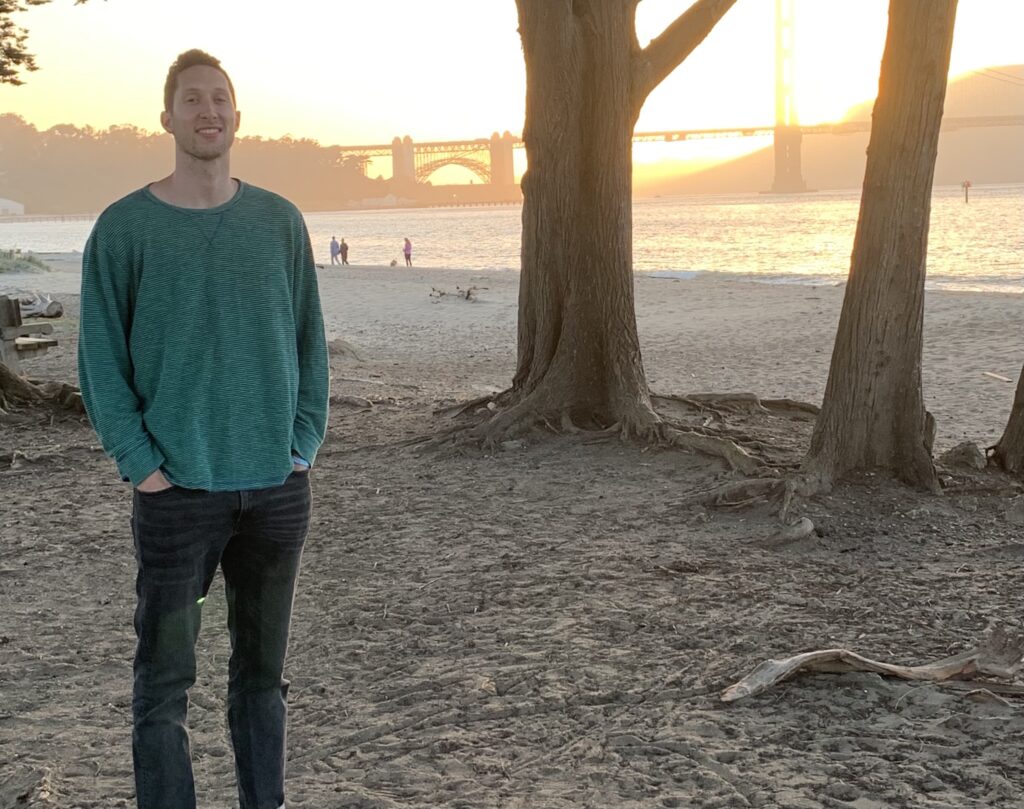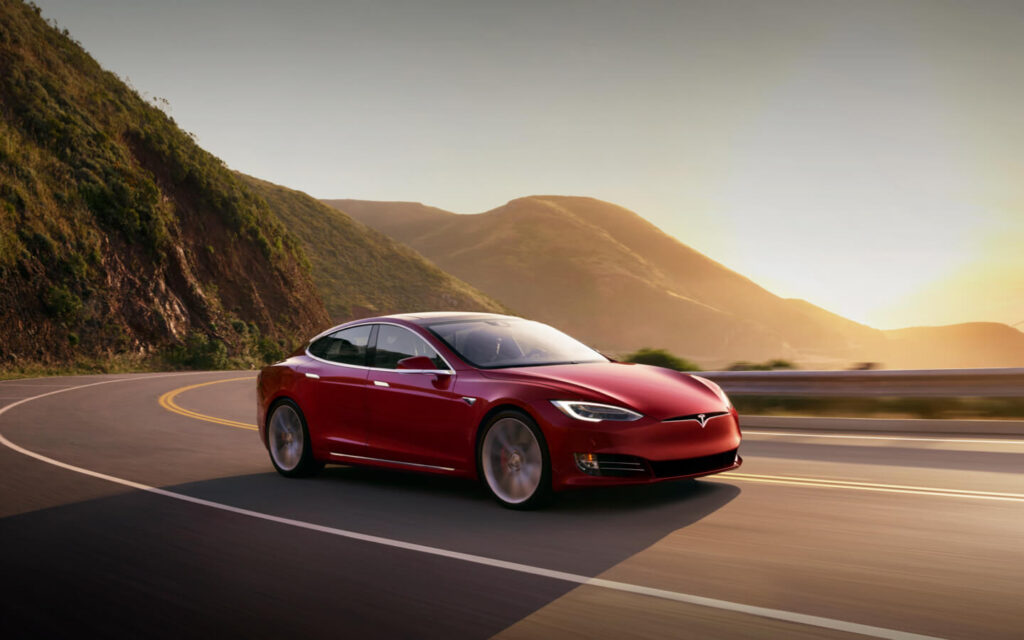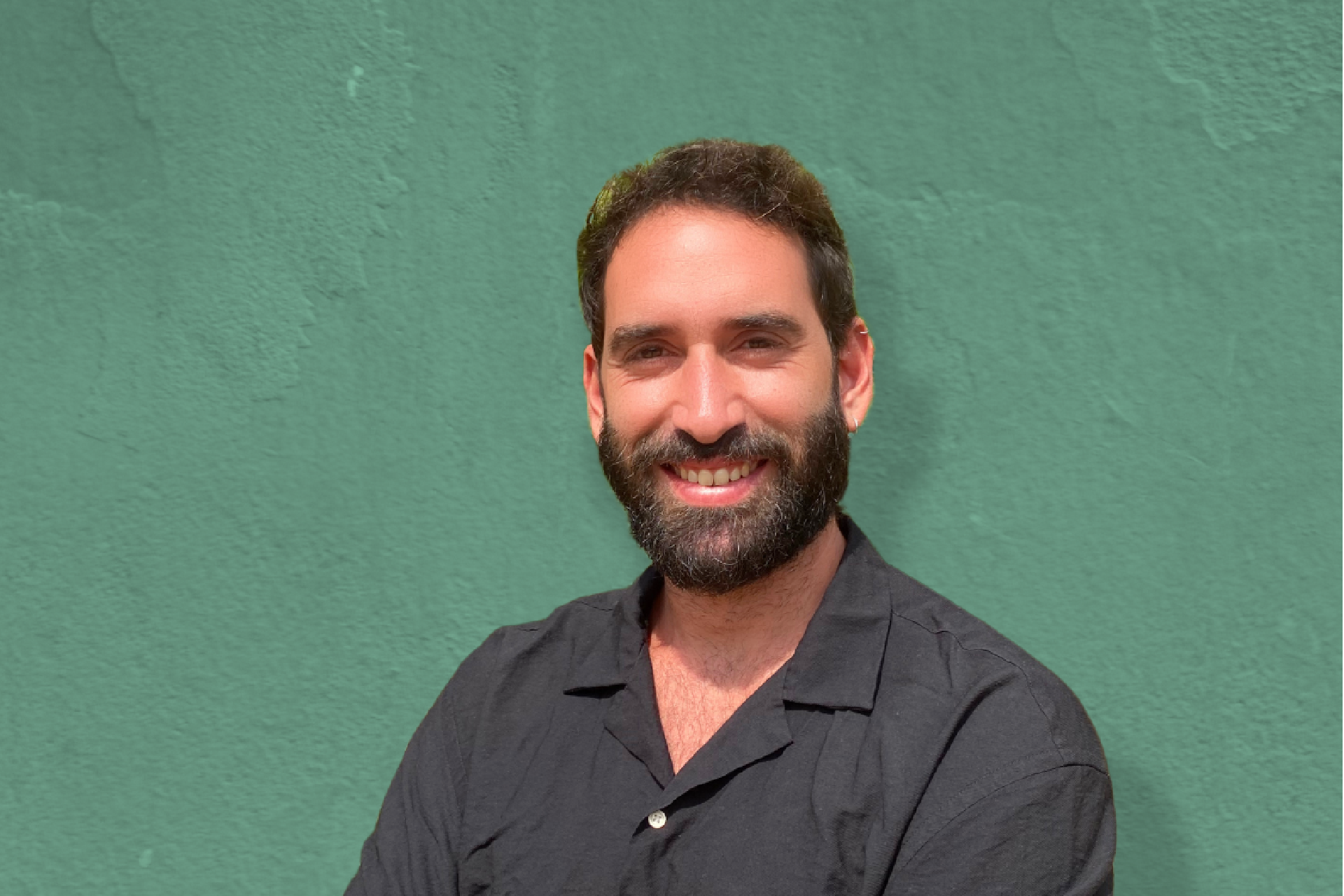
Going Green had the opportunity to sit down with Daniel Wohl, a basketball player who played professionally in Isreal, and his experience transitioning into working in finance and business operations at Tesla.
What is your occupation? Where do you work?
I work in finance & business operations at Tesla. Previously, I ran operations for Tesla’s regulatory credit trading team.

Tell us a little about you and your background.
Like a lot of kids growing up, I wanted to play professional basketball in the NBA. It was an unlikely dream for a skinny, asthmatic with no athletes in the family. In college, I learned more about the relationship between my respiratory illness and air quality.
I also discovered how society’s overreliance on fossil fuel consumption was primarily responsible for the air pollution inflicting harm. But I was inspired by the potential of clean technologies like electric vehicles, solar, and batteries that offered a better future. Pursuing that future motivated me to get into the clean energy & transportation space.
What is a fun fact about you?
I never got very close to playing in the NBA, but I played basketball in college and then professionally in Israel.
Why is climate change and sustainability an important topic?
Every year, over four million people worldwide die prematurely from poor air quality. Nearly half of Americans live in counties with unhealthy levels of particulate matter, and that percentage increases each year. Meanwhile, greenhouse gas emissions continue to climb, warming the planet and increasing the frequency of severe climate events like fires, droughts, and storms. What’s worse, the damage from those events disproportionately impacts the most vulnerable communities, often low-income communities of color. We must reverse this trend.
Where do you see the industry in 10 years?
China and Great Britain and states like California and Massachusetts have already set targets for 100% of new, light-duty vehicle sales to be electrified by the 2030s. Nearly every automaker has published a product roadmap with dozens of zero emission vehicles set to launch in the coming years. I’m optimistic these ambitions can be realized in the next decade. Success will require business leaders, policymakers, and scientists to collaborate and execute a strategy to achieve incremental battery cost reductions, scale clean energy resources generating low carbon electricity, and deploy thousands of additional charging stations to dispense that electricity into vehicles.

What can the average person do to make a difference?
Most of us can make a small difference by recycling our waste and opting into our utility’s clean power plan. While many individual choices can collectively bring about positive change, it’s important to recognize that fossil fuel interests have deliberately influenced the public discourse on sustainability to focus on small, personal choices in order to distract from larger, systemic issues that raise questions about the fossil fuel industry itself. One of the most effective ways for individuals to influence those systemic issues is to support candidates with platforms to combat climate change in municipal, state, and national elections.
What positive changes are you seeing?
I’m seeing more and more students who are interested in getting into sustainability because they want to make an impact on the environment and public health.
Going Green wants to thank Daniel for sharing his experience working at Tesla.
Going Green, hosted by Dylan Welch, interviews leading experts in cleantech, sustainability, media, finance, and real estate on the Going Green podcast. Tune in and subscribe to the podcast on Apple or Spotify to listen to interviews with leading cleantech and sustainable experts. If you are interested in being featured on Going Green, click HERE.




